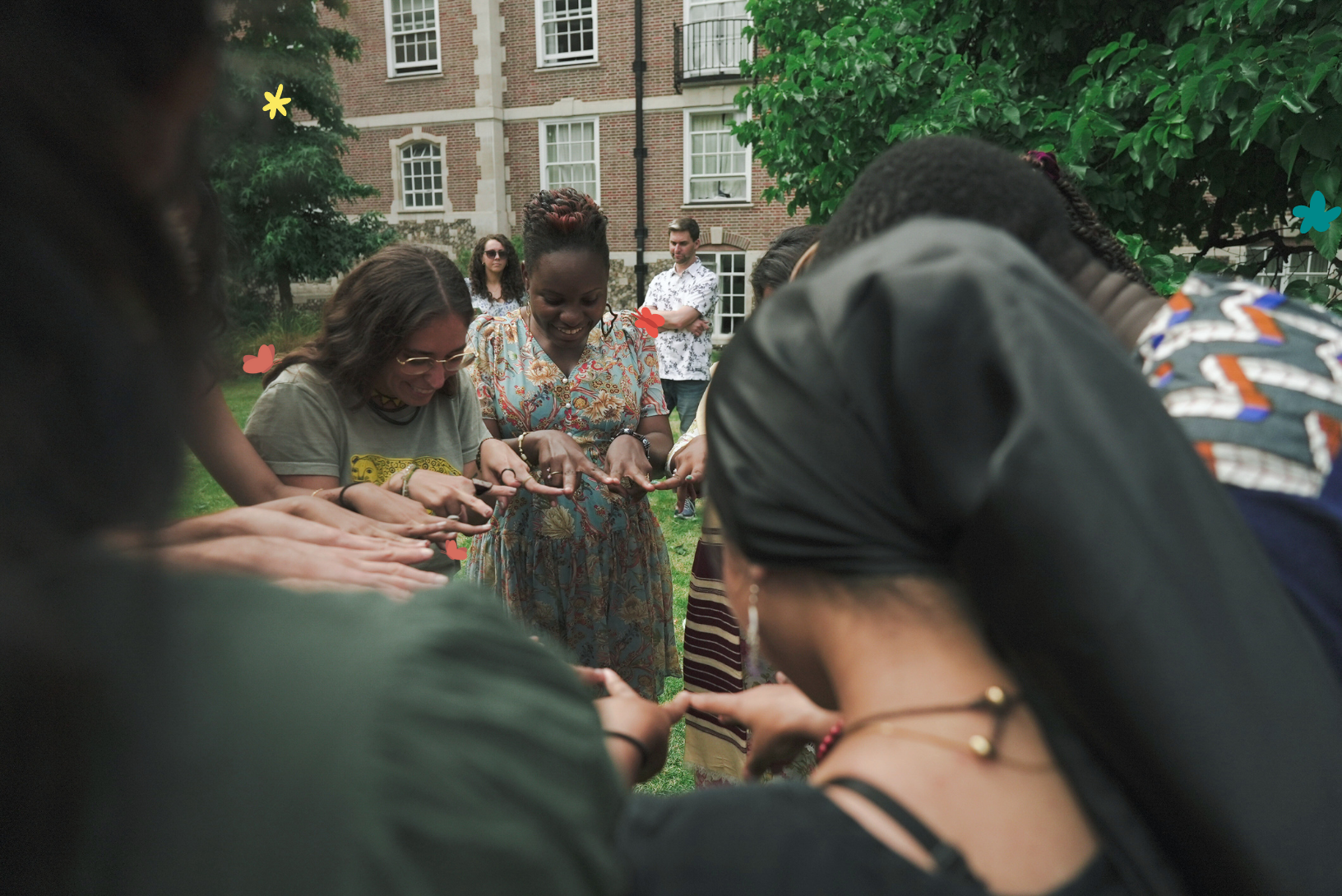The importance of addressing the climate crisis has never been more pronounced. However, for real and lasting change to happen, experts and advocates alike agree: the most effective climate solutions come from the communities most affected by the crisis. As Nathan Méténier, co-director of the Youth Climate Justice Fund, puts it, “We must ensure that young people, particularly from marginalized communities, are empowered to lead this movement.” He shared insights about our work as part of Skoll World Forum Interviews.
Our Work 🪜
One of the core challenges is the lack of funding for youth climate initiatives. Despite young leaders playing pivotal roles in major climate decisions, like the European Green Deal and the Inflation Reduction Act, they often receive a fraction of the resources needed to expand their efforts. “Only 0.76% of climate funding goes to youth movements, even though they are doing some of the most impactful work on the ground,” he explains. This gap is what we aim to address—by channeling support directly to the youth-led initiatives that are making a difference.
“These communities are not just impacted by climate change; they are often at the forefront of fighting for just transitions and social justice,” Nathan says. For example, the Africa Youth Pastoralist Network, one of the fund's grantees, is empowering pastoralists to protect their land and way of life against climate impacts. Initiatives like these exemplify the power of combining environmental action with social justice.
Equally important is our focus on creating a robust pipeline of young leaders who can sustain and expand their impact. “We are creating (...) community-rooted young leaders, driven by local priorities, who will lead some of the most successful climate initiatives,” he says. By offering both funding and youth-to-youth capacity development, we equip next generation leaders with the skills they need to manage organizations, navigate complex grant applications, and run successful campaigns. This approach helps foster not just immediate climate action but long-term sustainability.
Our Innovative Model 🤝
A key innovation of the YCJF is our participative grantmaking model, where decisions on funding are made by young people who are deeply embedded in grassroots, youth initiatives. This process ensures that those closest to the climate crisis and most knowledgeable about their communities' needs are the ones shaping the solutions. “We want to ensure that young leaders feel safe to be vulnerable with us about their challenges. We are not just funding them; we are in partnership with them,”, he finalizes.
This participatory approach is not only about trust—it’s also about context. By decentralizing decision-making, we look to ensure that young leaders in different regions have a say in where resources are allocated.
*This article is based on and paraphrases content from Skoll World Forum Interviews: Spotlight on Youth Climate Coalitions for COP29.
